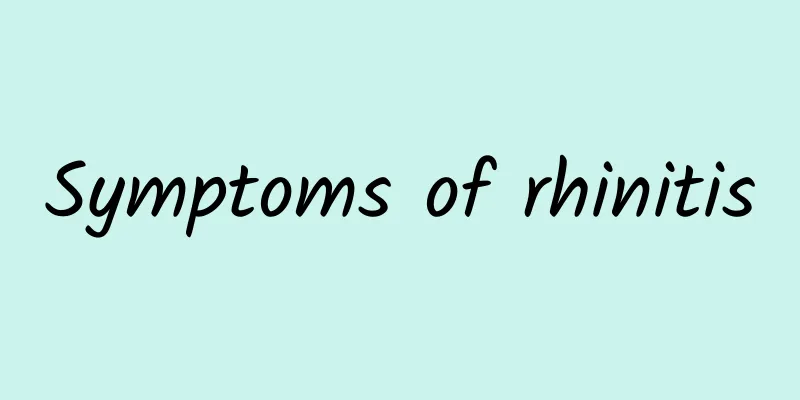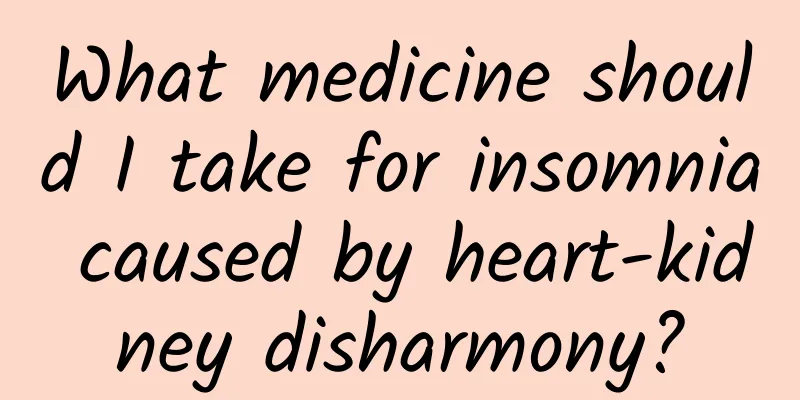Can ventricular premature beats be cured?

|
Ventricular premature beats are a symptom of heart disease. According to different causes, they can be roughly divided into two categories. The first category is benign, which may be related to excessive fatigue, or psychological reasons causing arrhythmia. In this case, no medication is needed to treat it. The other category may be caused by disease, the more common ones are hypertension, coronary heart disease, myocarditis, etc. This situation should be treated in time. Can ventricular premature beats be cured? Arrhythmias and ventricular or atrial premature beats can be roughly divided into two categories according to their causes. One type is benign, where no heart disease is found during the physical examination and there is no history of such disease. It is just premature beats or other arrhythmias caused by factors such as overwork. This type of disease generally does not require medication and can be cured by paying attention to conditioning. Another type is caused by heart disease, such as hypertension, myocarditis, coronary heart disease, and hyperthyroidism heart disease. In this case, these heart diseases must be treated first in order to improve arrhythmias such as premature beats. It is probably not easy to cure and requires long-term medication, regular check-ups, and constant prevention and observation of the condition. What medicine should I take for ventricular premature beats and atrial premature beats?1. Beta-blockers Often the drug of choice: Atenolol (Atenolol): ~25 mg each time, 1 to 2 times/day; the elderly should start with a small dose of 12.5 mg, 1 time/day. The dose is then gradually increased to 50-100 mg per day. 2. Ion antagonists It also has obvious therapeutic effect on atrial premature beats: Verapamil (Isopamil): 40-80 mg/time, 3-4 times/d. Adverse reactions include hypotension, atrioventricular block, severe sinus bradycardia, and even sinus arrest, and should be closely observed. It is contraindicated in patients with heart failure, shock, atrioventricular block and sick sinus syndrome. 3. Phenytoin sodium It is effective for atrial premature beats or ventricular premature beats caused by digitalis toxicity. It can also be used for atrial premature beats or ventricular premature contractions caused by other reasons. It is especially suitable for patients with obvious oliguria or renal failure who are not suitable for taking potassium chloride and have premature atrial contractions. Phenytoin sodium can weaken myocardial contractility and has little effect on atrioventricular or intraventricular conduction function. 100 mg/time, 3 to 4 times/d. 4. Digitalis Excessive doses of digitalis can cause premature ventricular contractions, but appropriate doses of digitalis can treat atrial premature beats, especially those caused by heart failure. Taking digitalis can reduce or eliminate premature beats. Digoxin 0.25 mg/time, 1-2 times/d, for 2-3 days, then change to a maintenance dose of 0.125-0.25 mg, once/d. |
<<: Disposable Sterile Catheterization Bag
>>: Side effects of gonadotropin
Recommend
Abdominal pain and excessive vaginal discharge during lactation
Excessive vaginal discharge and lower abdominal p...
What are the dangers of taking cold showers frequently?
People generally prefer to use hot water when tak...
What causes calf muscle pain?
The problem of muscle pain is very common in norm...
Pain in the fleshy forefoot
If you experience pain in the thick area of the...
What is the reason for constipation?
Modern people often have constipation, which is s...
Self-treatment of chondromalacia patella
In addition to being an important pillar supporti...
How to grow taller after 20 years old
When people reach the age of 20, it is very diffi...
What will happen if you hold back from ejaculating?
Men will have an erection after being stimulated,...
Is orthodontic treatment harmful to the body?
As people's living standards improve, they pa...
Dandelion multilobed effect
Taraxacum multifidum is a unique variety of dande...
Why is Deer Herb a banned drug?
Many people don’t know much about Deer Fairy Gras...
How to reduce sweaty foot odor
Many people will encounter the problem of sweat o...
Best treatment for scleroderma
Because of family heredity and autoimmunity, many...
How long after taking Chinese medicine can I eat?
During normal treatment or recuperation, you may ...
What are the benefits of drinking lantern grass soaked in water?
Lantern grass is a traditional Chinese medicine. ...









